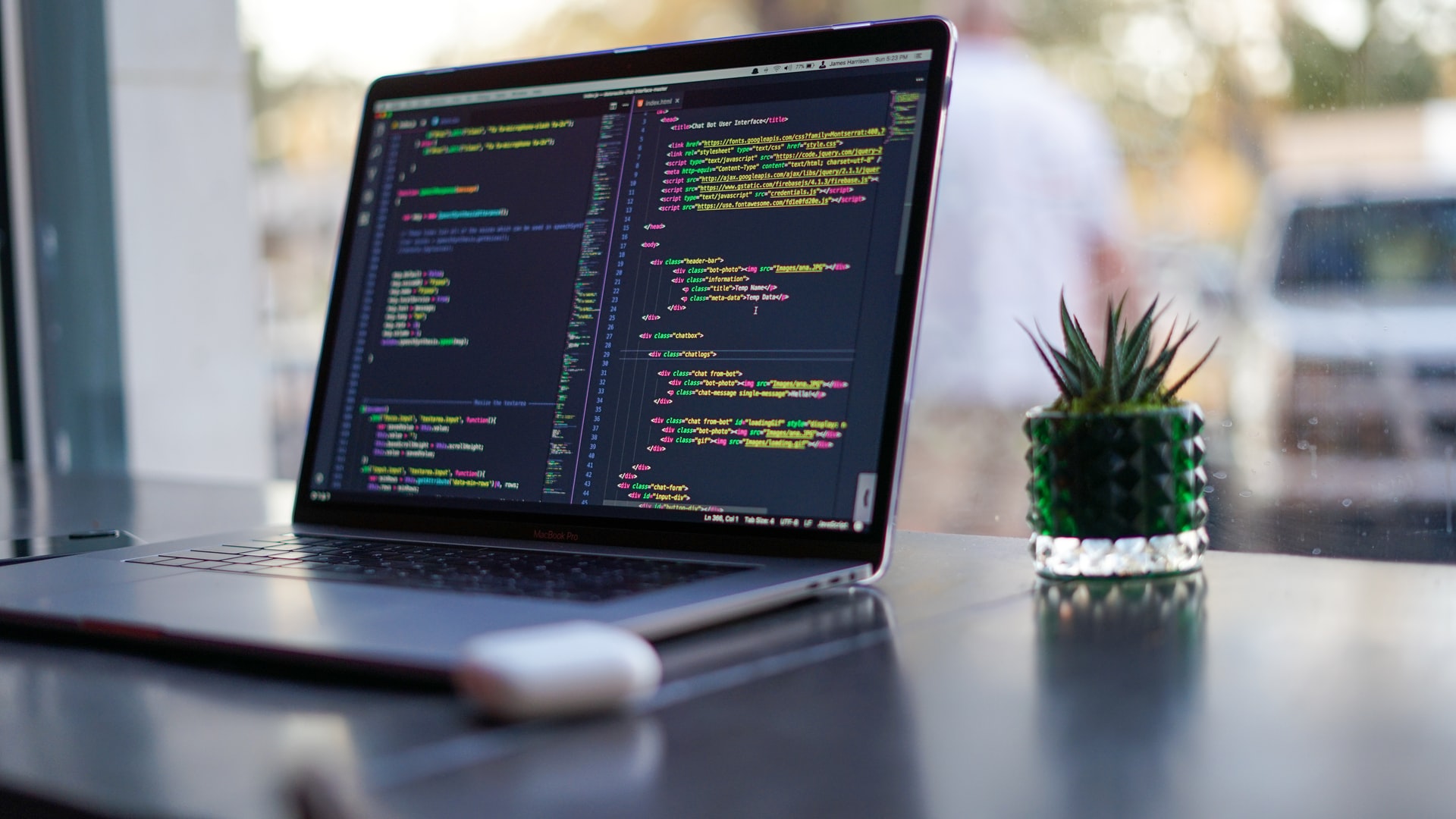A programmable Logic Controller (PLC) is a certain kind of tiny computer that can receive data and send operating instructions through its input and output. In short, the role of a PLC is to use its programmed internal logic to control the function of a system. This device is used across the globe to automate significant processes.
A PLC controller can be physically located in different places of a system. However, it is commonly put around the system that users operate and are protected with an electrical box. They are a fundamental element in several industries. Through this article, learns the features, uses, and advantages of a PLC controller.
Features of Programmable Logic Controller
- I/O: Data is retained and processed as the input and output modules connect the machinery to PLC. I/O modules offer information to the CPU and trigger specific outcomes. The I/O module can be both digital and analogue.
- Communications: In addition to input and output devices, PLC is connected to other systems as well. This tiny computer also offers several communication ports and protocols to enable communication between PLC and the rest of the system.
- HMI: Interacting with PLC controllers require Human Machine Interface (HMI). Operator interfaces can be simple displays or touchscreen panels. This allows input data and reviews the information in real-time.
Uses of Programmable Logic Controller in the Industry
PLC is used in several applications in manufacturing units, power plants, system building, monitoring tools and equipment, smart grid systems, and process control. Following are some more areas in which PLC is used.
– Juice and Beverage Industry: PLC controllers are used in this industry to automate the mixing process of two liquids together. Right from mixing and pouring to controlling the sensor output of different controls like the mixer, valves, and conveyor belt, everything is automated using PLC.
– In Glass Industry: PLC helps in processing the flat glasses and controlling the ratio of the material to be used in the glasses. PLC helps in recording analogue data, position control, and digital quality during the process of glass production.
– Cement Industry: PLC is used in the cement industry to mix raw materials determine the proportion of each item, all the while maintaining the quality and quantity of the product.
Advantages of Using Programmable Logic Controller
PLC has been an integral part of the machinery industry. There are several advantages that this machine has to offer:
– PLC controllers are easy to program as it has a simple programming language. Hence it is the best choice for businesses looking to minimize cost and complexities.
– Being a mature technology, PLC controllers have several analyses and testing under their belt. This makes it easy to find robust research and tutorials to program and integrate them.
– Its versatility makes it apt for controlling a wide range of systems and processes.
– They are efficient and do not consume a significant amount of power, which contributes to energy conservation.
– PLC controllers do not have moving parts which make them reliable and fit for the challenging environment of the industrial facilities.
How to Purchase the Right PLC Controller?
As we learn the significance and role PLC plays, it has become clear that when purchasing one, only the best quality material should have opted. To choose the best one, do not dive into the first option available to you. First and foremost, start with good research work. You will find several suppliers online but ensure that the company you choose caters to your requirement.
Once you decide on the right supplier, you need to quickly get in contact with them. Look out for a phone number or an email id on their website and use it to reach out to the suppliers. Explain your requirements and ensure that you have the right product.



 Bitcoin
Bitcoin  Ethereum
Ethereum  Tether
Tether  XRP
XRP  Solana
Solana  USDC
USDC  TRON
TRON  Cardano
Cardano  Lido Staked Ether
Lido Staked Ether  Avalanche
Avalanche  Toncoin
Toncoin